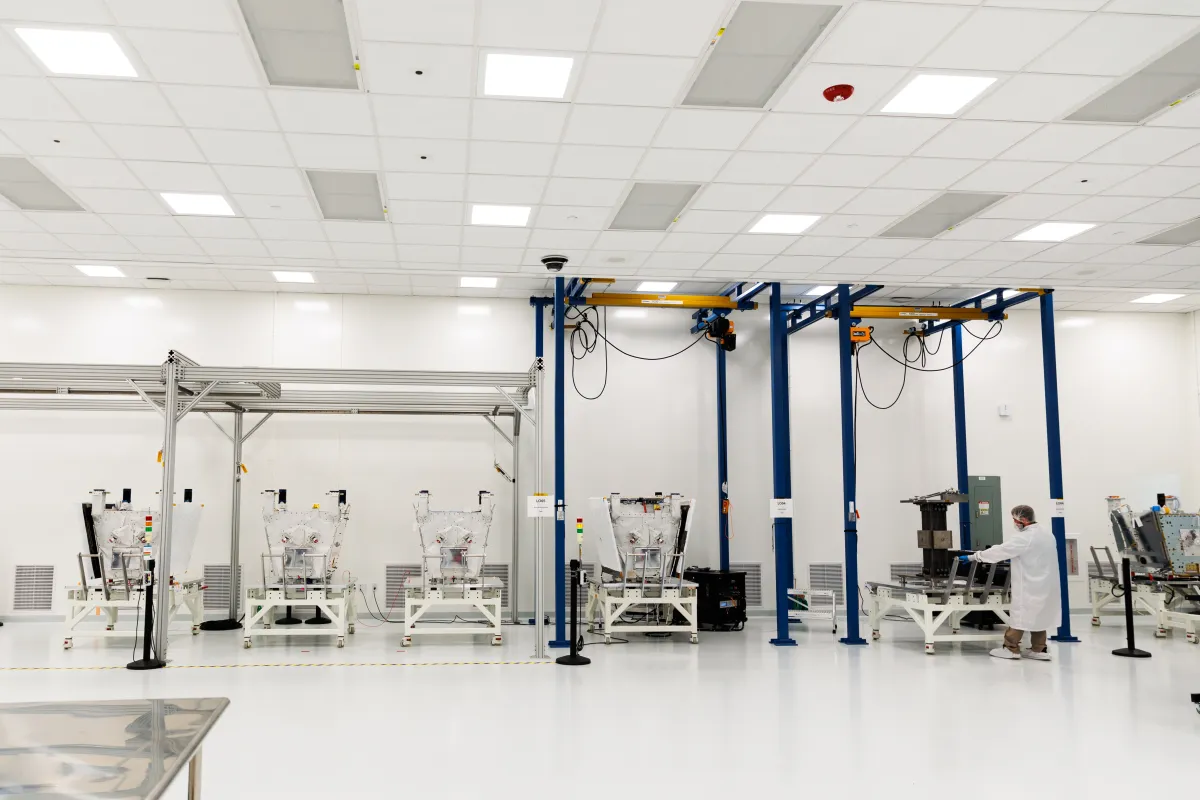Emirati royal family invests $100+ million in new satellite manufacturing joint venture with Loft Orbital
Orbitworks, the joint venture, will be the first commercial entity in the United Arab Emirates to mass-produce satellites. Marlan Space, a new space corporation affiliated with the International Holding corporation, holds most of the ownership. The Royal Group, a conglomerate owned by the governing royal family of Abu Dhabi, controls the majority of IHC.
The United Arab Emirates has substantial financial resources to support its ambitious space initiatives. Although the UAE Space Agency (UAESA) is less than a decade old, the government has allocated billions to develop in-house capabilities and establish partnerships with other countries and commercial entities.

The UAE became the most recent member of a very small group of nations to send a probe into Martian orbit two years after sending its first astronaut (or privately funded “spaceflight participant,” as NASA phrased it) to the ISS in 2019.
In addition to the UAESA, the Gulf nation’s space ecosystem consists of a few key players: Space42, a merger of Emirati satellite firm Yahsat and data analytics company Bayanat; EDGE Group, a large industrial prime; and a small number of universities and research institutions, such as the National Space and Science Technology Center. The nation is establishing satellite constellations and integrating satellite manufacturing capabilities.
In a recent interview, Pierre-Damien Vaujour, the CEO of Loft Orbital, expressed his long-standing interest in the UAE’s space ecosystem. He stated, “Even when we established Loft, I had in mind from the beginning that I wanted to inaugurate activities in the UAE and contribute to the ecosystem there.”

Located in San Francisco, Loft purchases satellite buses in quantity and transports payloads for clients by employing a standardized modular payload adaptor that integrates the customer’s hardware with the spacecraft. Loft is responsible for the launch integration and the operation of the spacecraft after it has reached orbit.
The startup can also conduct “virtual missions,” which allow customers to deploy applications on orbit that utilize onboard sensors, compute, and cameras.
Vaujour stated that the JV will be able to collaborate with a diverse array of emerging actors in the Middle East’s space ecosystem due to Loft’s adaptable hardware. “Loft is capable of collaborating with any payload supplier, bus or subsystem provider, ground station provider, or cloud provider.” He stated, “We are supplying the joint venture with the satellite production, operations, and technology playbook.”
Orbitworks intends to produce up to fifty 500-kilogram satellites annually, and the hardware for the initial ten satellites has already been acquired. The initial satellite platform is anticipated to be assembled, integrated, and evaluated at the 50,000-square-foot facility in Abu Dhabi by early 2025.
Vaujour stated that the startup has established agreements with Marlan to guarantee that Loft complies with U.S. regulations and export licenses. Loft Federal, a distinct entity of Loft, will persist in providing classified contract services to national security consumers in the United States.
Vaujour stated, “This entity has been established to become the national champion in the country for the production and operation of satellite constellations, which is a relatively novel concept.” “The objective is to scale this to a different level, even though we are beginning with a small project.” The country, the region, and the international community have significant ambitions for an initiative of this nature.



